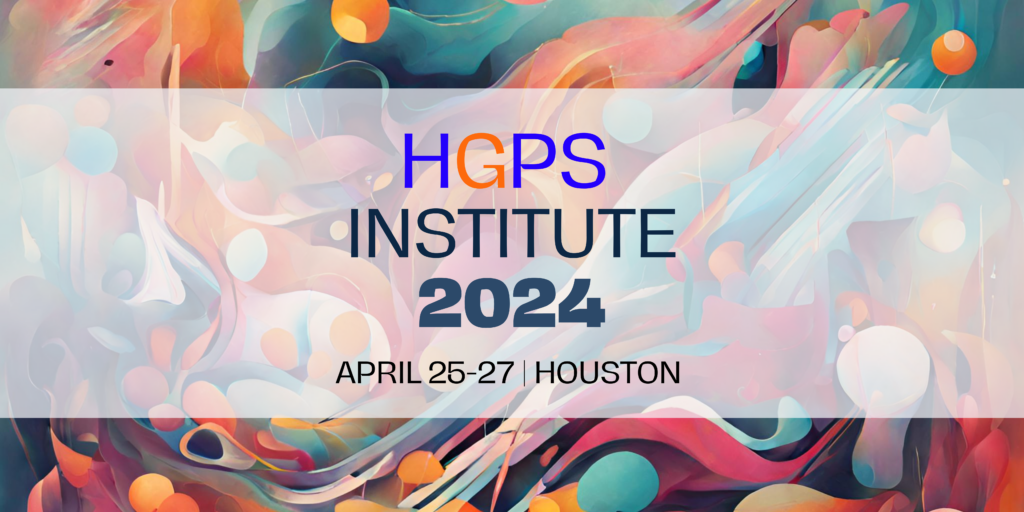
- Overview
- Breakout Groups
- Itinerary & Venue
- Registration
- Code of Conduct
- Continuing Education
- Institute Committee
Keynote Speaker (In-Person): Justin Hecht, PhD, CGP
Dream of Group Psychotherapy: Integrating Jungian Concepts in Group Psychotherapy
In this presentation, Dr. Hecht will introduce his approach to group dynamics, blending Jungian concepts with Group Psychotherapy principles. Employing a symbolic lens, he will illuminate the intricacies of the dynamic unconscious and the influence of archetypes within our stories. He will demonstrate building a nurturing holding environment and discuss the importance of this practice theoretically, clinically and technically. Using Jungian theories, he will encourage you to find ways of integrating an archetypal perspective in your group leadership, and ‘live the dream’ of vibrant, healing groups that lead to profound healing.
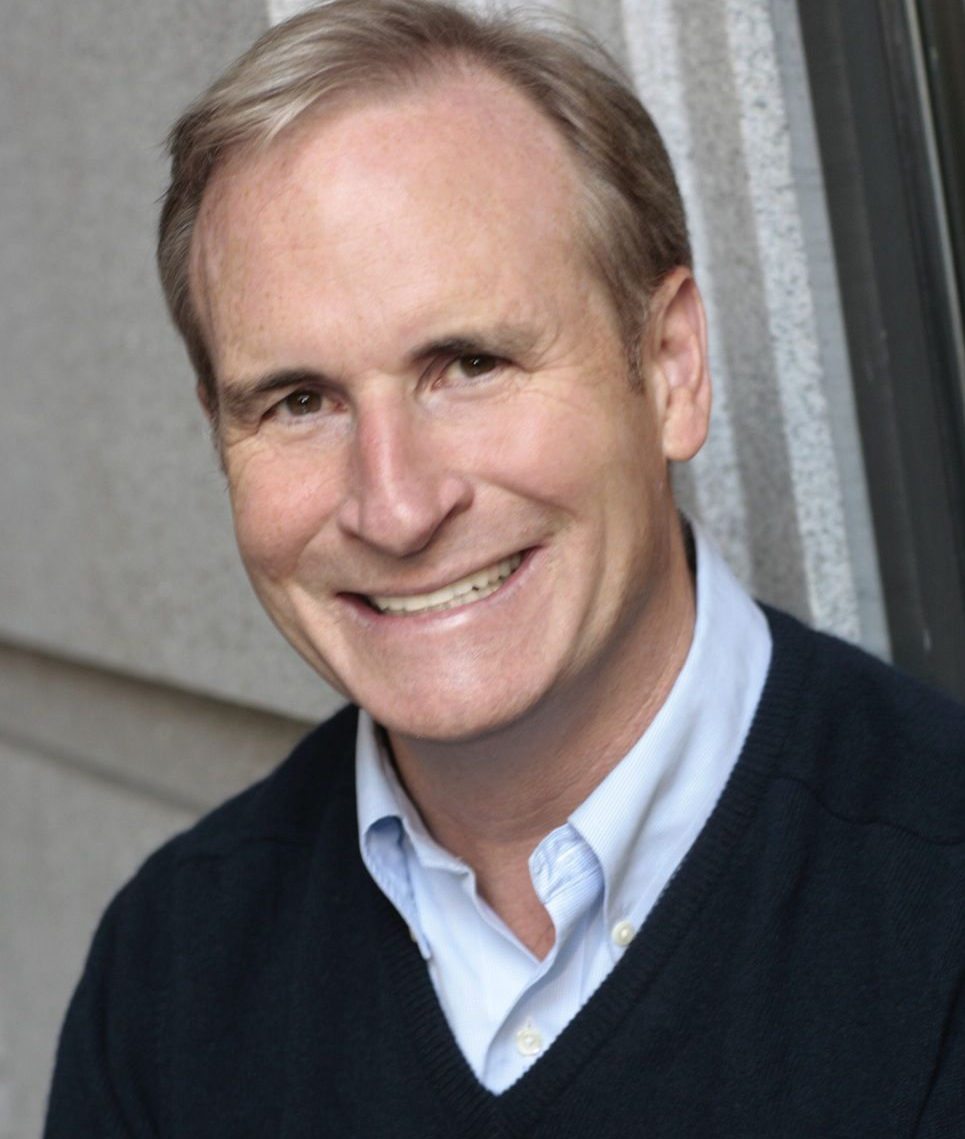
Learning Objectives:
Following the completion of this seminar, the participant will be able to:
- Identify Jungian concepts and its application to group psychotherapy with the use of film.
- Understand the basic principles of Jungian dream analysis, including the role of the collective unconscious, and gain skills in interpretation within a group environment.
- Encourage group members to mutually ‘hold the vision’ for resilience and healing in group psychotherapy.
Justin Hecht is a Jungian Analyst and CGP who focuses on working with individuals and groups on questions of life purpose and meaning. He is devoted to group therapy and currently runs seven groups, including five training groups for therapists. In his groups, he seeks to integrate Jungian themes and concepts of myth, archetype, and collective consciousness with traditional group therapy concepts. A fellow of AGPA, Justin lives in Lexington, Massachusetts.
Ethics Speaker (Virtual): Donna Harris, MA, LCSW, CGP
Cultural Competency – The Impossible Dream: Using Mindful Facilitation to Ethically Engage Cultural Complexities
This workshop, designed for mental health practitioners, is grounded in professional ethical principles and standards, cultural humility, critical race theory, and mindful facilitation. While ethically bound to acknowledge cultural differences in individual and group work, most clinicians did not learn specific skills to actively navigate the complexities of racial, ethnic, sexual and gender differences. Most clinical disciplines have begun to acknowledge the realities of the socio-cultural-political environment and the impact of racism and systemic oppression on the clients they serve but are struggling to have these conversations at a deeper level.
This workshop will bridge the gap between mere cultural awareness and cross-cultural engagement skills. Participants will gain a skill set to apply the ethical principles which call for us to bridge barriers in exploring experiences of people with marginalized social identities. Participants will gain a beginning skill set to enable them to have deeper cross-cultural therapeutic encounters with diverse groups and individuals in a variety of settings. It is open to practitioners at all experience levels.
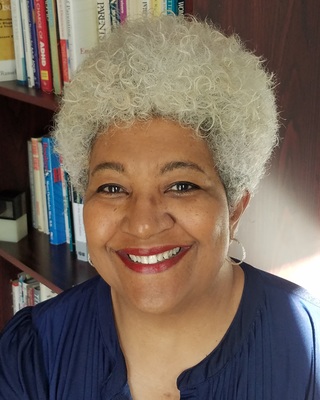
Learning Objectives:
Following the completion of this workshop, the participant will be able to:
- Describe two differences between Cultural Competency and Cultural Responsiveness.
- Apply Standards of Cultural Competency to clinical interventions.
- Discuss three ethical concerns related to engaging people with marginalized identities.
- Practice Responsive Listening with individuals and groups.
- Apply Mindful Reflection & Inquiry interventions for individuals & groups.
Donna Harris is an African American, licensed clinical social worker who has practiced for over 30 years. She is the Director of Intercultural Counseling, LLC, located in the western suburbs of Philadelphia which provides individual and group psychotherapy and psychoanalysis to adults. She is certified in Relational Psychoanalysis, Mindful Facilitation and Group Psychotherapy. Currently she facilitates intercultural support groups as well as BIPOC & Intercultural training process groups for therapists.
Ms. Harris founded Intercultural Network LLC, to address the needs of organizations in their efforts to become more equitable and inclusive by providing customized assessments and training. She has served as faculty at Bryn Mawr College’s Graduate School of Social Service and Social Research for 18 years. Ms. Harris is also President for the Philadelphia Area Group Psychotherapy Society (PAGPS).
Process Group/Specific Interest Group
If you wish to be attend a group that is already full, please email us at admin@hgps.org to be added to the waitlist.
Breakout Group 1: A Journey into the Mind: Bringing Mentalizing Alive in Practice (Full)
Jennifer Markey, PhD, MEd, CGP
Come join us as we creatively explore our minds! This group will take participants on an experiential tour of mentalizing. Through a series of experiential exercises, we will demystify the concept of mentalizing and give participants some ideas for integrating mentalizing into their practice. Specifically, we will describe mentalizing in patient-friendly terms and demonstrate how mentalizing can be used to deepen patients’ understanding of themselves and their relationships.
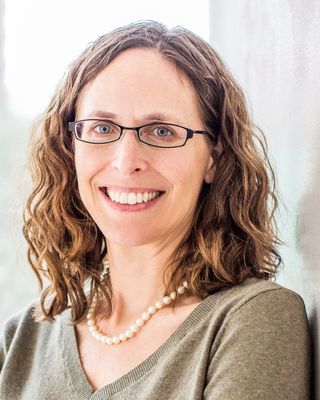
Breakout Group 2: Combining Psychodynamic and Cognitive Behavioral Process Group Techniques (Full)
Richard Newman, LPS-S, LMFT-S, LCSW, NCC, CCMHC, CGP, AGPA-F & Drew Krieger, DSW, LCSW-S, CGP
This group is an in-vitro experiential training in recognizing the dynamic substrates and using cognitive behavioral techniques. Along with the theme of the Institute, common archetypes will be noted as they emerge in the covert and overt interactions among the participants. The group size is limited to nine participants, and each group will last for one hour and 15 minutes. Time will be allotted to deconstruct what occurred during the sessions. There is no experience criterion for attending this group, and attendance at all four sessions is required.
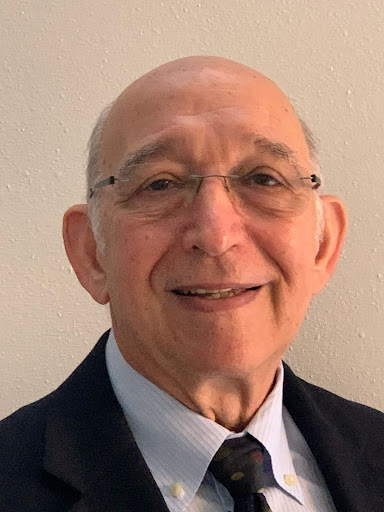
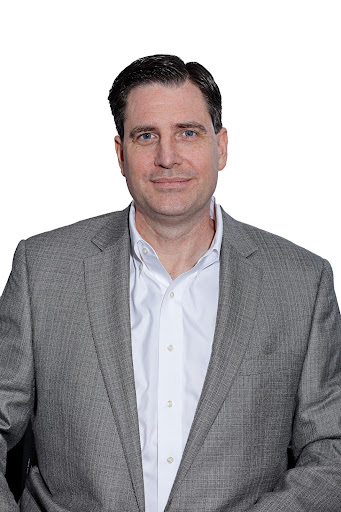
Breakout Group 3: Identifying Creative Archetypes in Small Groups
Paul Caluscos, LCSW & Dan Workman, LCSW
Group members will participate in a psychodynamic process group. Working from an object-relations view of creativity “as the means of achieving the real self” (Masterson, 2010), group members will learn to identify performative archetypal roles based on the roles of musicians in an ensemble or band. The group leaders will debrief at the end of each group session to identify archetypal roles and describe group interactions in terms of clinical effectiveness (quality of the song).
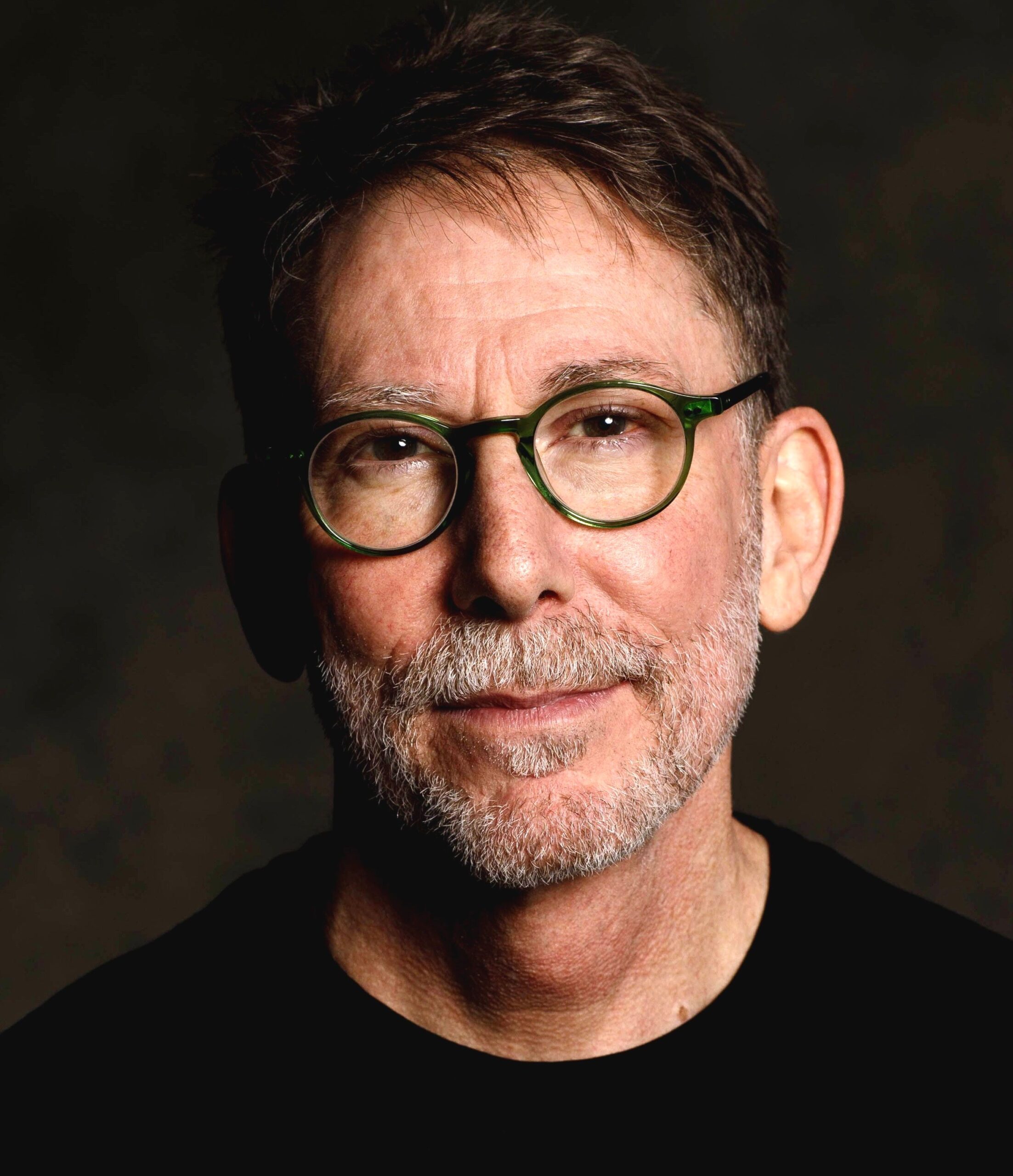
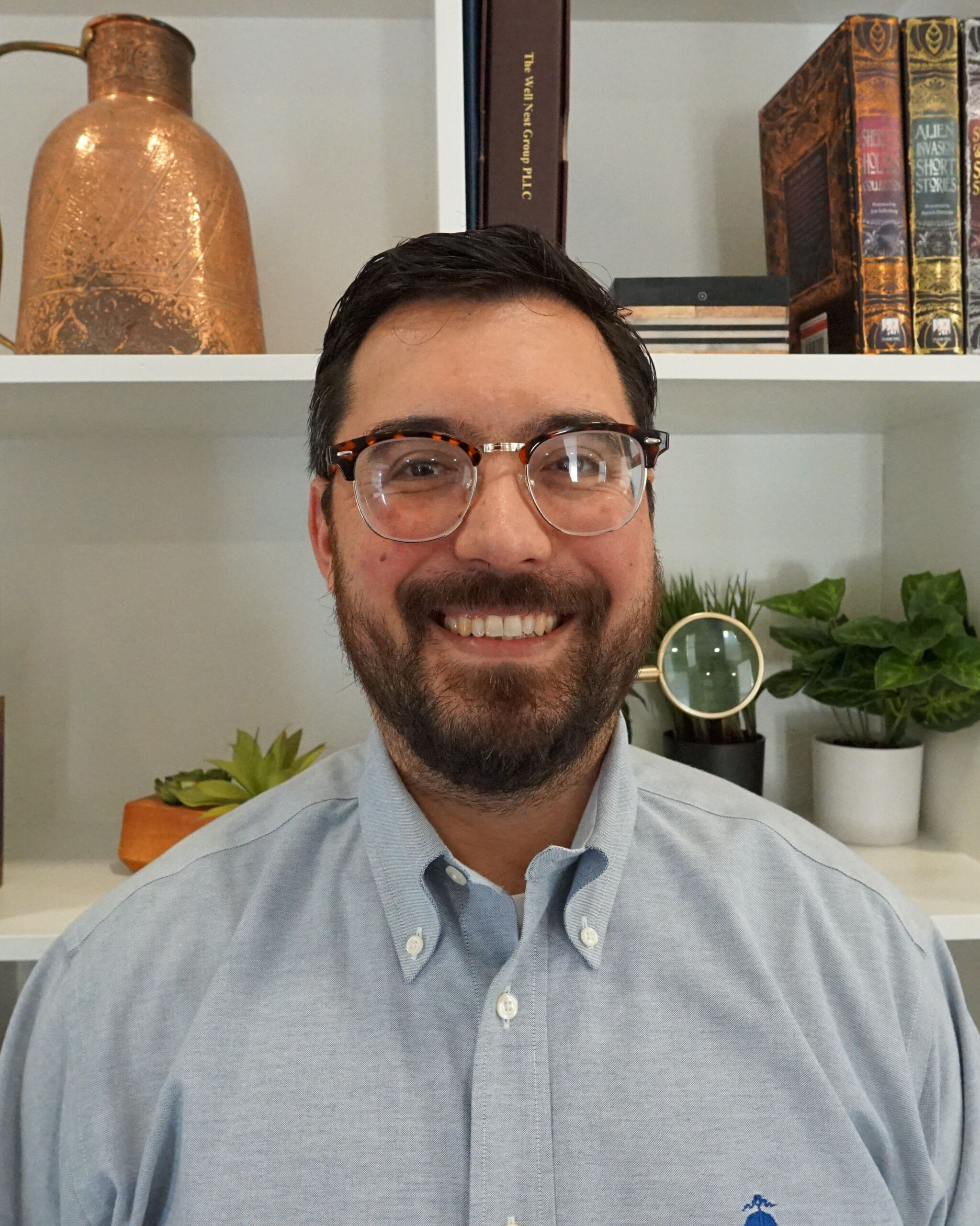
Breakout Group 4: Psychodynamic Process Group Experience for the Seasoned Clinician
Brittany Burch, LCSW-S, CGP & Jamie Cool, LCSW-S, CGP
The HGPS Institute participant for this group is a seasoned clinician with clinical experience and group facilitation practice. This institute offers the opportunity for clinicians to expand their understanding of self, personally and professionally, in a psychodynamic group environment designed for safe exploration of the known and unknown. Interactions amongst members and with leaders will be studied for themes of transference, countertransference and resistance. The healing potential of group will be illuminated through processes such as corrective enactments, self-confrontation, re-owning projections, vicarious empowerment, witnessing, and holding.
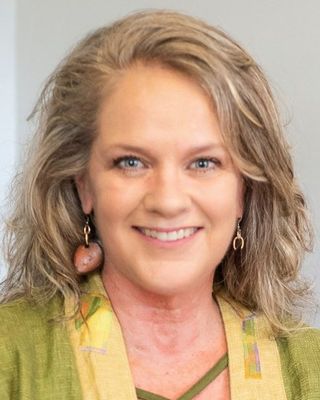
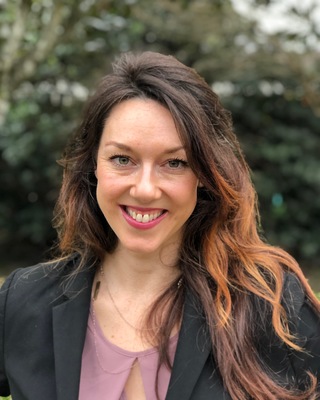
Breakout Group 5: Modern Analytic Training Group
Melissa Beason-Smith, PhD, CGP and Paul LePhuoc, PhD, CGP
The modern analytic training group provides a setting where the professional ego of the therapist is attended to in a nurturing and cultivating manner. This is a unique hybrid of process and consultation during which issues related to countertransference, family of origin, and competition are explored. Special attention will be given to increasing clinical effectiveness with the goal of building fee-for-service practices and establishing the lifelong process of deepening
one’s self-awareness.
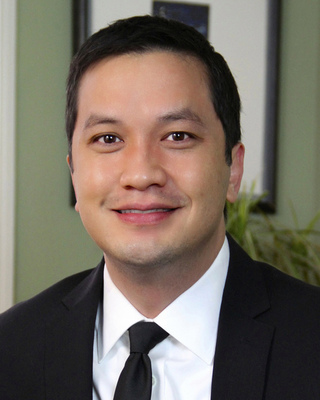
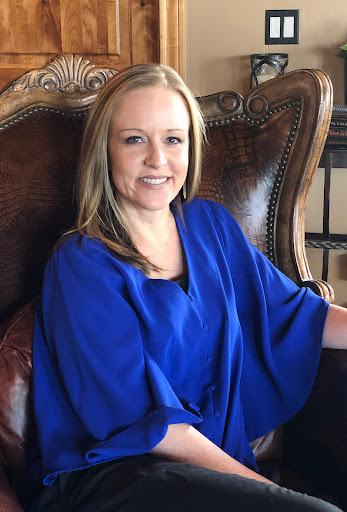
Breakout Group 6: Archetypes: Universal Currents of the Psyche
John Price, PhD, LPC
This breakout group session is designed to deepen our understanding of some of the fundamental concepts in depth psychology, with a focus on archetypes and the process of individuation. The workshop is designed to be interactive and experiential, encouraging both personal reflection and group discussion. By the end of our session, I hope each participant will leave with a deeper understanding of these fundamental psychological concepts and how they can be effectively applied both personally and professionally.
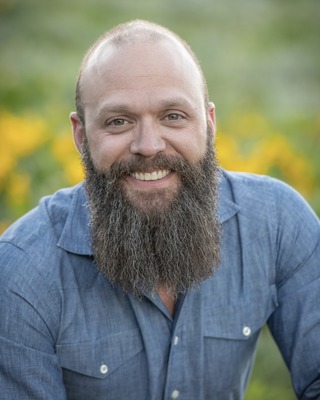
- Understand Archetypes as Psychic Currents: We will explore the concept of archetypes as undefined yet distinctly influential currents within the psyche, correlating to our instincts. These universal patterns, which can take the form of figures or characters such as the King, the Crone, or symbols of life and death, are pervasive across cultures and time. Our goal is for participants to gain a clear understanding of these archetypes and how they manifest in both personal and collective experiences.
- Explore Individuation and the Psyche’s Structure: The second objective involves a deep dive into the process of individuation – the journey towards psychological wholeness. We will discuss the structure and dynamics of the psyche, examining where archetypes fit within this framework. This part of the workshop will help elucidate how these universal images and patterns interplay with our conscious and unconscious minds, contributing to our personal growth and understanding.
- Beyond Technique: Experiencing Archetypes in Clinical Practice: Lastly, we will focus on the application of these concepts in clinical settings. Rather than solely concentrating on techniques, this session emphasizes the importance of personal experience and self-exploration in understanding and working with archetypes. By engaging with these archetypal energies ourselves, we gain a more profound and experiential insight, which surpasses technical knowledge. This approach enriches our clinical practice and enables us to guide others with greater authenticity and depth.
Itinerary
| Thursday, April 25th, 2024 | |
| Ethics Presentation (Virtual): Donna Harris, MA, LCSW, CGP Cultural Competency – The Impossible Dream Using Mindful Facilitation to Ethically Engage Cultural Complexities | 6:00-9:00 pm |
| Friday, April 26th, 2024 | |
| Registration | 8:00 am |
| Info & Announcements | 8:15 am |
| Keynote Presentation: Justin Hecht, PhD, CGP – Part 1 Dream of Group Psychotherapy: Integrating Jungian Concepts in Group Psychotherapy | 8:30 am |
| Break | 10:00 am |
| Process Group/Specific Interest Group | 10:15 am |
| Lunch* | 11:30 am |
| Keynote Presentation: Justin Hecht, PhD, CGP – Part 2 Dream of Group Psychotherapy: Integrating Jungian Concepts in Group Psychotherapy | 12:45 pm |
| Break | 2:15 pm |
| Process Group/Specific Interest Group – Part 2 | 2:30 pm |
| Conclusion for the Day | 3:45 pm |
*Lunch will be provided.
**Group facilitators & consultants will meet morning & lunch for recap.
| Saturday, April 27th, 2024 | |
| Info, Check-In & Announcements | 8:00 am |
| Keynote Presentation: Justin Hecht, PhD, CGP – Part 3 Dream of Group Psychotherapy: Integrating Jungian Concepts in Group Psychotherapy | 8:15 am |
| Break | 9:45 am |
| Process Group/Specific Interest Group – Part 3 | 10:00 am |
| Lunch* | 11:15 am |
| Keynote Presentation: Justin Hecht, PhD, CGP – Part 4 Dream of Group Psychotherapy: Integrating Jungian Concepts in Group Psychotherapy | 12:30 pm |
| Break | 2:00 pm |
| Process Group/Specific Interest Group – Part 4 | 2:15 pm |
| Conclusion for the Day | 3:30 pm |
*Lunch will be provided.
**Group facilitators & consultants will meet morning & lunch for recap.
United Way Greater Houston
50 Waugh Dr,
Houston, TX 77007
Registration Prices
| HGPS Member | Non-Members | Students/Early Career Professionals (0-2 years) | Agency (3+ people) | |
| Ethics | $115 | $145 | $85 | $100 (per person) |
| 2 Day Institute | $325 | $360 | $150 | $250 (per person) |
| Ethics & 2 Day Institute | $375 | $400 | $180 | $295 (per person) |
*No refunds will be granted after April 24, 2024.
Agency Registration
We invite agencies to join the Institute and offer a discount when 3 or more people from an agency attend.
Please email admin@hgps.org to register.
Sponsorship
To become a sponsor of HGPS, please click here: https://hgps.org/sponsor-hgps.
Scholarship
An HGPS goal is to provide education on group psychotherapy to the clinical community regardless of ability to pay. To request a scholarship, download this application and submit your completed application to Richard Newman at Richard@Newman5.com.
You will be considered for a scholarship as funding and scholarship constraints permit. Only a limited number of scholarships are available. Approved scholarships will be awarded based on when the application is received.
Professional Code of Conduct
The following conditions are important for all attendees, and must be agreed-to online at the time of registration for a HGPS event.
Each participant may be in a different place on their continuum of professional and personal growth and development. We ask that each participant hold themselves accountable to the HGPS Institute Professional Code of Conduct Agreement to allow for a shared experience fostering the opportunity for growth, a positive learning experience, understanding and connection.
By completing the registration process, I agree to the following policies:
- I meet the intended audience requirements of this event.
- I agree to participate in fostering a supportive learning environment, attentive to ethical, and professional behavior and speech.
- I agree to abide by the AGPA Safe Environment Policy and AGPA Policy Statement on Inclusion.
- HGPS abides by the AGPA Guidelines for Creating Affirming Group Experiences and I agree to abide by the same.
- I agree to be present for the full event if I desire CE credit.
- If a participant engages in violations of any of the policies noted herein, HGPS reserves the right to take any action HGPS deems appropriate, including use of micro interventions during events, the right to remove an individual from the event without warning or refund, to prohibit an individual from attendance at future HGPS activities and to notify the individual’s state licensing board.
- Support with upholding the Professional Conduct Agreement (If you are subject to or witness violations to the policies noted here):
- If you are subject to or witness breaches as specified by the HGPS policies noted here or believe these policies have been violated during an event, there will always be an Institute committee member of HGPS, in the event that concerns arise that you do not feel comfortable addressing directly with the person that has caused harm. You may speak with a member of the team (or message with them privately during online training mediums) directly for support.
- If you are subject to or witness breaches as specified by the HGPS policies noted here or believe these policies have been violated, and prefer to follow-up after the event, please contact the particular the Director/Chair of the HGPS Event attended or a member of the HGPS Board. If possible, please provide the following information:
- Identifying information of the participant behaving in an unacceptable manner
- Description of the behavior that was in violation
- The approximate time of the behavior (if different than the time the report was made)
- The circumstances surrounding the incident
- Other people involved in or witnessing the incident
- All reports are confidential amongst the HGPS Institute Co-Chairs and members of the HGPS Board.
- If your safety is threatened, please contact appropriate law enforcement.
- If you feel you have been falsely or unfairly accused of violating the policies noted here:
- Please contact HGPS Institute Co-Chairs or a member of the HGPS Board. All reports are confidential with a concise description of your grievance. Your grievance will be handled in accordance with our existing governing policies.
Continuing Education
Up to 14 Continuing Education hours are available for Psychologist, LCSW, LMFT, LPC, and CGP licenses/certifications, including 3 ethics hours. Clinicians should only claim the credit commensurate with the extent of their participation in the Institute.
HGPS follows the Texas Behavioral Health Executive Council rules for acceptable continuing education for continuing education providers. The Council oversees Texas State Board of Examiners of Marriage and Family Therapists, Texas State Board of Examiners of Licensed Professional Counselors, Texas State Board of Examiners of Psychologists, and Texas State Board of Social Worker Examiners. While the Council no longer pre-approves or regulates continuing education providers and programs, our continuing education credits are accepted by the Council.
IMPORTANT DISCLOSURE INFORMATION FOR ALL LEARNERS: None of the planners and presenters of this CE program have any relevant financial relationships to disclose.
2024 HGPS Institute Committee
HGPS thanks the Institute Committee. The Institute would not be possible without the work of the Institute Committee members.
Nina Tahija, LCSW, LCDC, TCTSY-F (co-chair)
Jia Wong, LPC (co-chair)
Alice King, LCSW
Jennifer Markey, PhD, MEd, CGP
Phuong Nguyen, LMSW, LCDC, RN
Richard Newman, LPC-S, LMFT-S, LCSW, NCC, CCMHC, CGP, AGPA-F
Dan Workman, LCSW
Wright Williams, PhD